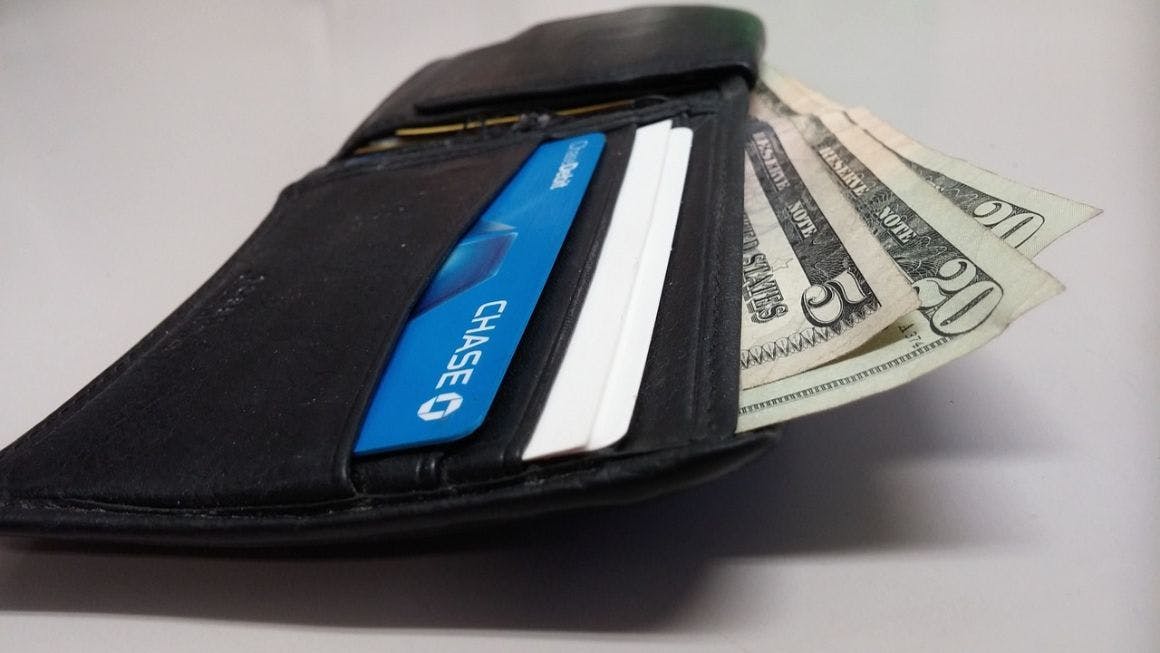Ripple is one of the oldest cryptocurrencies on the market. It was traded in 2013 and is now the third largest by market capitalization.
The Ripple protocol was formed in 2004 by Ryan Fugger. From 2013 the company Ripple Labs took care of the code and the XRP token was launched. The protocol is designed to allow them to make cheap, cross-border transactions. A rippled server operating in validator mode engages in the consensus method and is a member of an interconnected web of validators who each take a particular set of validators not to plan. Are there any profits from running the Ripple Validator?
What is a Ripple Validator?
Validators are rippled nodes operating as a validating server. In other words, these nodes are designed to engage in the agreement method or consensus method.
If a business or a user depends on the XRP Ledger then it is beneficial to run a validator to partake in the consensus process. The purpose is to give a trusted validator that promotes the continuing decentralization of the XRP Ledger.
Do Ripple validators get Paid?
The main reason to run a validator is to maintain and preserve the stable performance and conscious progression of the network. It is the validators who determine the development of the XRP Ledger, so any company that employs or depends on the XRP Ledger has an internal purpose to guarantee the security and maturity of the network.
If you drive an XRP Ledger server to engage in the network, the extra charge and energy to run a validator is minimum. This suggests that extra considerations, such as the mining rewards in Bitcoin, are not required. Ripple evades paying XRP as a prize for completing a validator so that such considerations do not distort the performance of validators.
There are two kinds of ripple nodes:
Now, both these don’t have any rewards but if you administer your stock server then you can have admin rights of the local copy. In other words, companies or users don’t have to trust or depend on anyone else’s server. Similarly, if you manage your validator you can have your rights in how the Ripple network grows because of modifications to the contracts applied on by validators.

